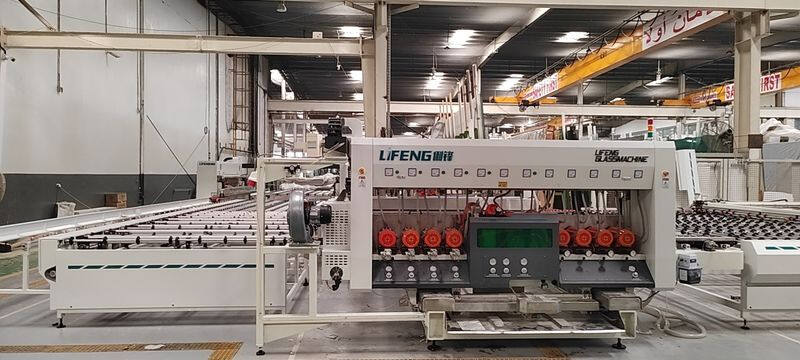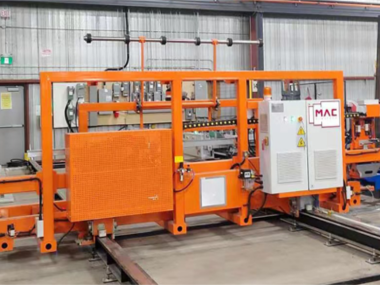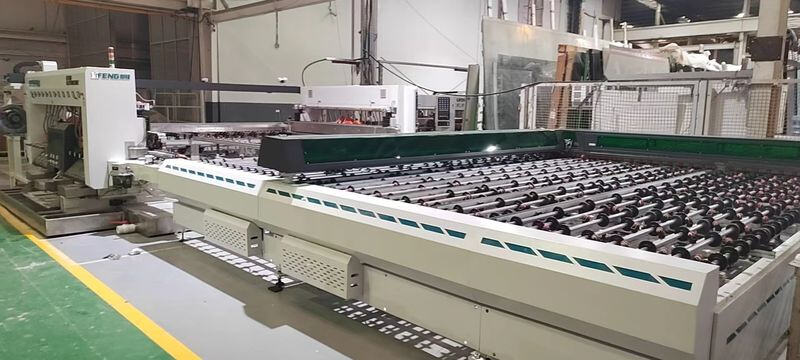precision grinding machine
The precision grinding machine represents a pinnacle of manufacturing technology, delivering exceptional accuracy and surface quality in metalworking operations. This sophisticated equipment utilizes abrasive wheels to remove material from workpieces with tolerances as fine as 0.0001 inches. The machine's robust construction features precision-engineered components, including high-speed spindles, advanced coolant systems, and computer numerical control (CNC) capabilities. Its versatility allows for various grinding operations, from surface and cylindrical grinding to internal and centerless grinding processes. The machine's advanced control systems enable operators to maintain consistent quality across production runs, while integrated measurement systems provide real-time feedback for dimensional accuracy. Modern precision grinding machines incorporate smart features such as automatic wheel balancing, thermal compensation, and adaptive control systems that adjust grinding parameters in real-time. These machines excel in industries requiring exceptional finish quality, including aerospace, automotive manufacturing, and medical device production. The combination of rigid construction, precise motion control, and sophisticated automation makes precision grinding machines essential for manufacturers demanding the highest levels of accuracy and repeatability in their finished products.


